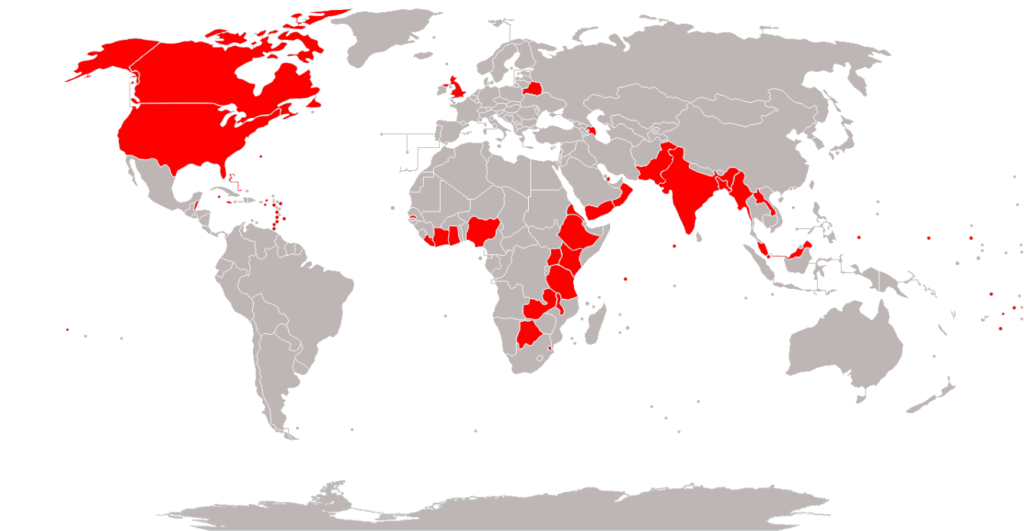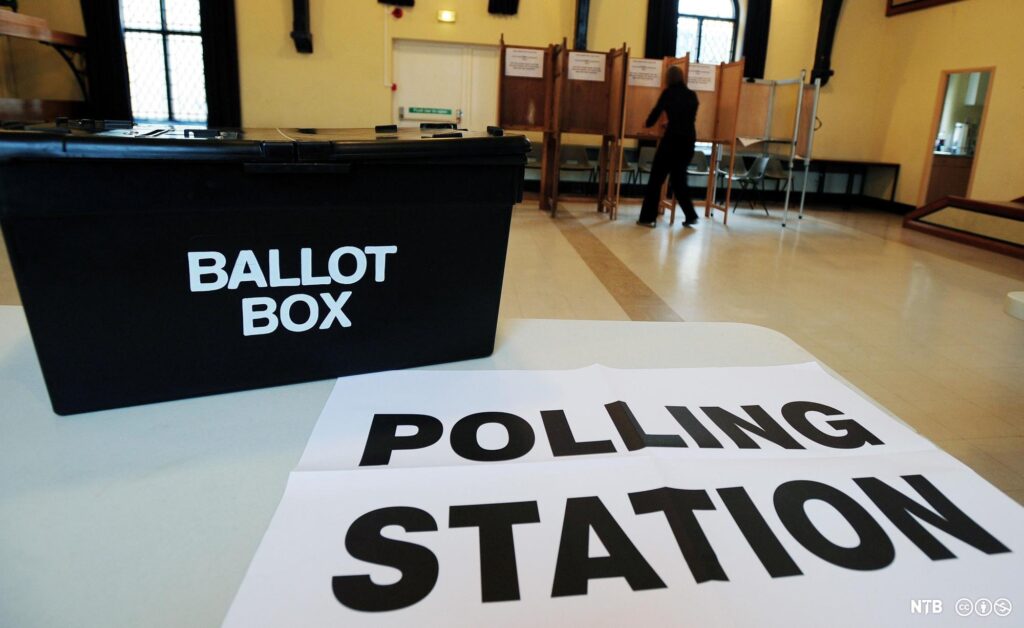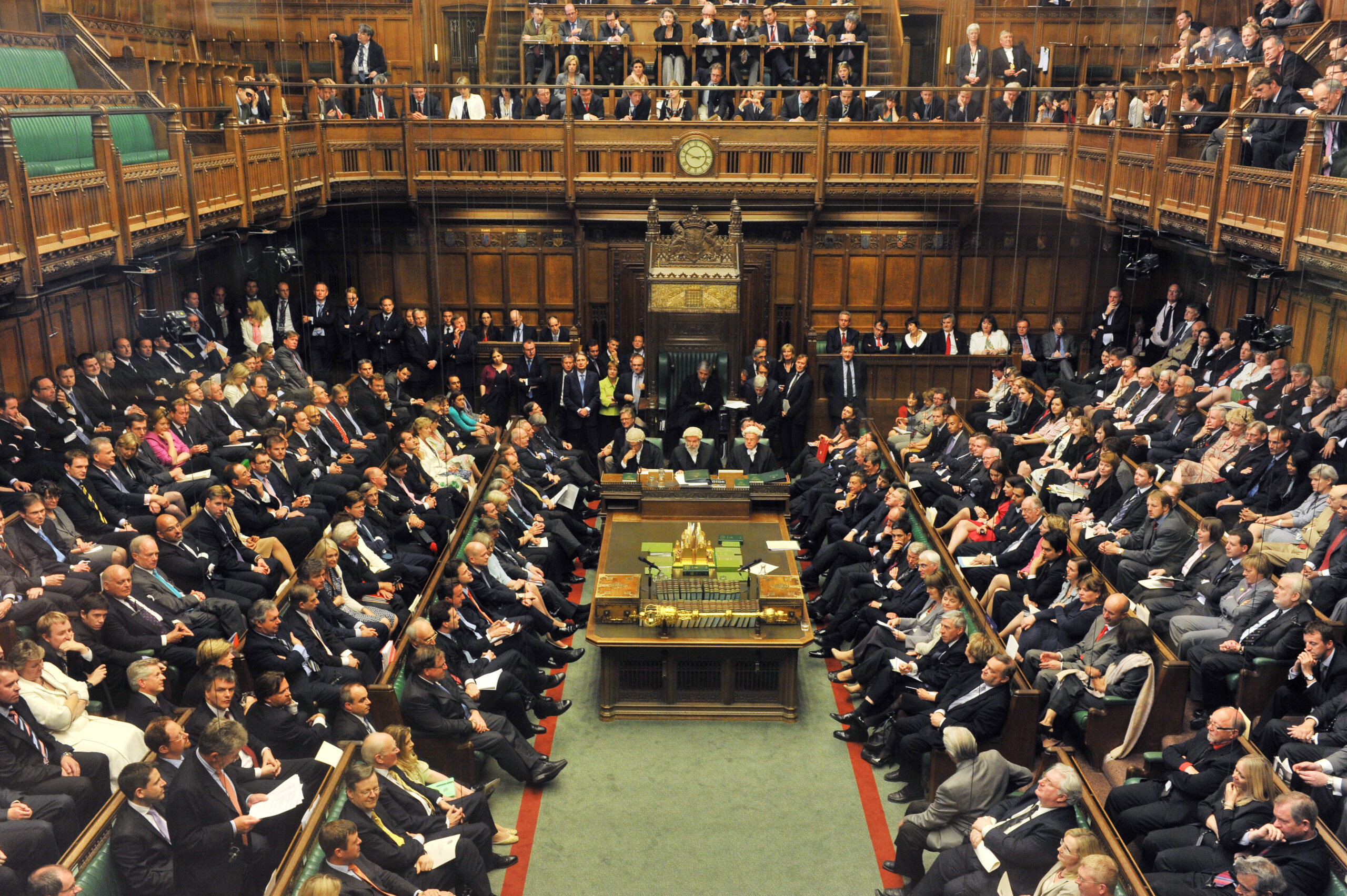Young voters are feeling unrepresented by traditional parties and the first-past-the-post electoral system
Ella Eagle Davis, 22, is unimpressed by the recent direction of UK politics. “Watching it devolve into something which I think is the furthest away from representing me or my interests was really disheartening,” she says.
With a general election called for 4 July, she felt unrepresented by all of the parties that stood a chance of holding office. “It scared me, and it angered me and I thought, okay, right, I need to do something about this.” She became a volunteer researcher for Make Votes Matter, an organisation that advocates for replacing the UK’s first-past-the-post (FPTP) electoral system with proportional representation (PR).

Because of the way FPTP advantages larger parties, British politics has been dominated by the Conservative and Labour parties for the past century. Under FPTP, the candidate who wins the most votes in a constituency is awarded the seat, irrespective of whether they achieve a majority. This tends to penalise smaller parties, often resulting in a distribution of seats in Parliament that does not necessarily reflect the national vote share.
Robert Johns, professor of politics at the University of Southampton, thinks the current electoral system does not accurately represent the country’s preferences. “It did a pretty good job about 60 years ago,” he says.
According to a 2022 study by the National Centre for Social Research, Britons’ support for electoral reform has grown. 51 per cent now favour introducing PR for elections to the House of Commons, which would fundamentally change how votes translate into seats in Parliament. Under PR, seats are allocated based on the percentage of votes each party receives, more accurately reflecting the vote share.
According to a 2019 YouGov survey, nearly 40 per cent of people aged 18 to 24 believe their vote does not significantly impact the general election results. Other polling has shown that in 2019, voter turnout ranged from 47 per cent among 18- to 24-year-olds to 74 per cent among those over 65.

Johns attributes the higher turnout of the older generation to a sense of duty that is lacking in younger voters. When deciding whether to vote, according to Johns, young people are more likely to ask themselves questions, such as “‘how likely is my vote to make a difference?’ We know that when they answer that question about first-past-the-post, they’d give a more negative response.”
If the youngest don’t feel represented by the parties that are likely to win the elections under FPTP, they might decide not to vote at all, as Eagle explains:
“Young people are looking to what should be role models for them. And they see [politicians] don’t speak like them, they don’t act like them. They don’t have any sort of life experiences that resonate with them and so what’s the point in voting, when those are the sort of people that are going to get in?”
It may however be a while before the UK changes its electoral system. As Johns points out, “political culture takes a long time to change.”
But both Johns and Eagle think PR could make the Parliament more representative and Britons more eager to go to the ballot.
“Under PR,” explains Eagle, “you will have a system in which compromise takes centre stage, which will work to find a solution for the people that are represented by it, which hopefully under proportional representation is the majority.”
Feature Image: The House of Commons in the UK Parliament, the elected legislative body in the United Kingdom. Photo credit: Catherine Bebbington\The House of Commons UK

